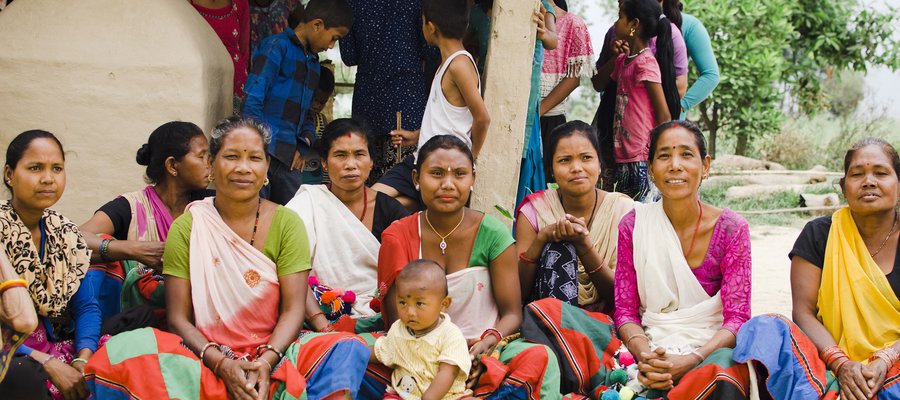Neglected Tropical Diseases
Neglected Tropical Diseases
Neglected Tropical Diseases (including leprosy) affect over 1.7 billion people globally. The Leprosy Mission, in partnership with others, seeks to ‘end the neglect’

Ending the Neglect
- NTDs, although diverse in their clinical presentation, have a singular commonality: their devastating impact on impoverished communities.
- They affect the poorest, most marginalised and voiceless communities, and disproportionately affecting children, women and people with disability.
- They are treatable and preventable diseases.
The Leprosy Mission and our global partners seek to End the Neglect.
Working alongside the WHO Global NTD Roadmap
The WHO Global NTD Roadmap ‘Ending the neglect to attain the Sustainable Development Goals: a road map for neglected tropical diseases 2021–2030’ is a high-level strategic document and advocacy tool, aimed at strengthening programmatic responses to NTDs through shared goals and disease-specific targets backed by smarter investments.
It pushes for:
- Stronger accountability – shifting from process to impact indicators and accelerating programmatic action to improve scientific understanding, planning and logistics, advocacy and funding, collaboration & multisectoral action
- Intensified cross-cutting approaches - integrating delivery platforms; mainstreaming with local health systems; coordinating beyond health; strengthening country capacity; mobilising regional & global resources
- A change in operating model and culture – stronger country ownership, improved roles of stakeholders, clearer roles and responsibilities to deliver on 2030 targets
Leprosy issues are shared across a number of other NTDs
The issues associated with leprosy are shared by a number of other NTDs, so our work involves multiple NTDs, when appropriate.
Physical Health and Rehabilitation
Wounds and ulcers are a common complication of a number of NTDs. We are seeking common solutions to the problem with our NIHR-funded research project - Transforming the Treatment and Prevention of Leprosy and Buruli ulcers in Low and Middle-Income Countries.
Mental Health
Many people with leprosy and other NTDs experience conditions like depression and anxiety so it is vital that our projects but also address mental health. We are working with mental health specialists and people affected, so that all our programmes have a mental health and wellbeing component to them.
Our team in Nepal is training people affected by NTDs to support one another through training them in listening and other psycho-social support techniques. Alongside other partners in Nigeria, The Leprosy Mission is currently involved in a research project that is piloting interventions outlined in the guidance.
In 2020, WHO published Mental health of people with neglected tropical diseases - towards a person-centred approach. Along with other members of the NGO NTD Network (NNN), TLM contributed to the development of this important document.
Water, Sanitation and Hygiene - WASH
WASH is an important area of work to end the transmission of NTDs and to prevent and manage the complications of NTDs. TLM is not a WASH organisation, but we work in partnership with WASH organisations to ensure that people affected by NTDs have access to safe water.
In 2016, The Leprosy Mission and Water Aid produced a short guideline The importance of water, sanitation and hygiene for lymphatic filariasis and leprosy care and inclusion. Then, in 2019, the NGO NTD Network and WHO produced the document WASH and Health working Together: a How to guide for NTD programmes.
TLM are active members of:

